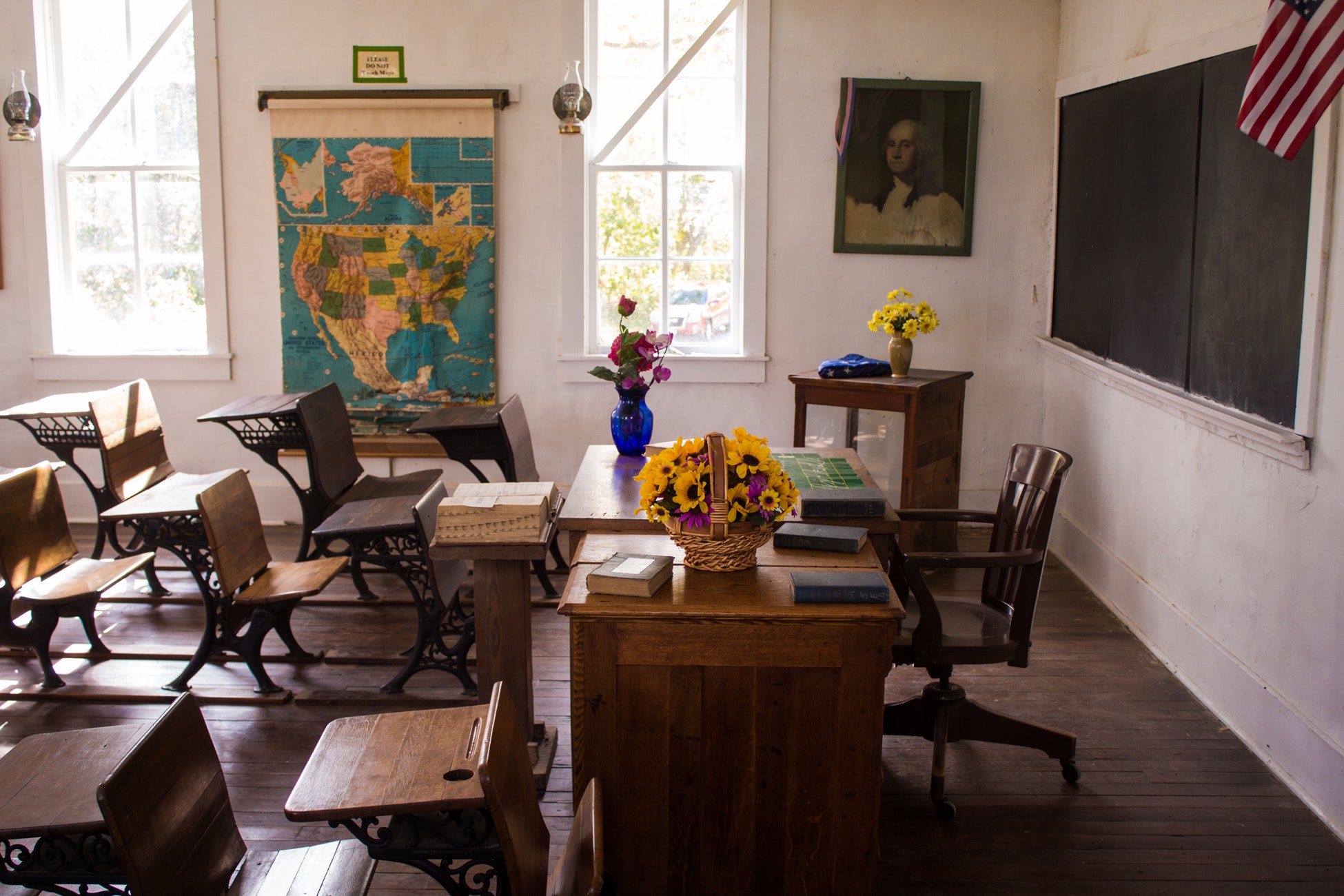The schools in Pasir Gudang re-opened yesterday after being shut down for a week due to air pollution. Unfortunately, soon after the schools started one hundred and thirty students complained of breathing-related difficulties.
The schools and other educational institutions in the Pasir Gudang area were closed down from 25th to 27th June 2019 due to air pollution.
Mohd Khuzzan Abu Bakar, who is the Chairman of Johor Health, Culture and Heritage Committee confirmed that out of the one hundred and thirty complaints, only three teachers and twenty-seven students were late referred to health clinics for further treatment.
He also added that air quality levels were confirmed to be normal. Difficulties were experienced by people who had classes in the higher floors. Those classes would be moved to lower levels.
Classes would proceed as scheduled. It was confirmed that the Dept of Environment and Pasir Gudang Emergency Mutual Aid would continue to monitor the situation.
Reports say that Sekolah Kebangsaan Kopok, Sekolah Menengah Kebangsaan (SMK) Tanjung Puteri Resort and SMK Seri Alam Dua were three of the seven schools where students fell ill.
Prior to this incident, over a hundred students from thirty schools had fallen ill the previous week.
Air pollution from the chemical dump
It is disturbing that in March 2019 schools were closed due to the chemical pollution of the Malaysian river Sungai Kim Kim, which gave rise to toxic vapors. The government had spent RM six point two (6.2) million to clean up the river.
In that case, charges have been filed in the session court against four individuals. Three of them are directors of a company that processes used tires.
Methyl mercaptan, acrylonitrile, and acrolein are the toxic gases detected in the area now. Authorities have narrowed the suspect list to include thirty chemical companies who have allegedly dumped the waste into the river. Further investigations will help find the main culprit.
In the opinion of Sultan Ibrahim Sultan Iskandar, the ruler of Johor, these industries should be relocated; and if that is not possible, they need to be closed as they cause significant harm to the people of the region.







